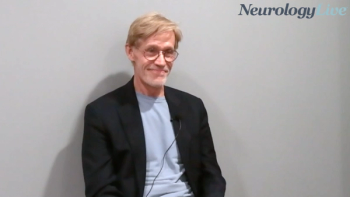
At ECTRIMS 2025, the professor of neurology at Karolinska Institutet provided clinical insights on results from the phase 3 RIDOSE-MS trial of yearly rituximab in relapsing-remitting multiple sclerosis. [WATCH TIME: 5 minutes]

At ECTRIMS 2025, the professor of neurology at Karolinska Institutet provided clinical insights on results from the phase 3 RIDOSE-MS trial of yearly rituximab in relapsing-remitting multiple sclerosis. [WATCH TIME: 5 minutes]
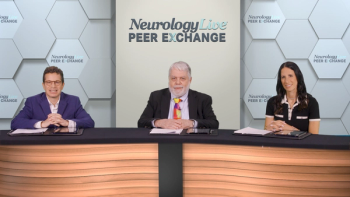
Panelists discuss how myasthenia gravis creates substantial physical, social, and emotional burdens affecting work capacity, daily activities, and mental health. Fatigable weakness is often underestimated during clinical assessments, and disease burden does not always correlate with traditional severity classifications.

Panelists discuss how myasthenia gravis presents as a “snowflake disease” with variable symptoms, typically starting with ocular manifestations and progressing differently based on antibody subtypes, with MuSK patients showing more severe bulbar and respiratory involvement. Antibody titers do not always correlate with disease severity.

At ECTRIMS 2025, the interim chief executive officer at the Consortium of Multiple Sclerosis Centers discussed recent progress in multiple sclerosis for treatment and diagnosis. [WATCH TIME: 5 minutes]
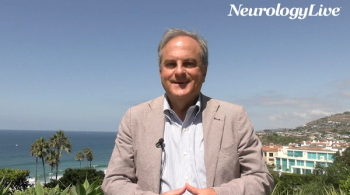
The psychiatrist and founder of the Stuttering Treatment and Research Society discussed the historical persistence of stuttering, treatment gaps, and the nuances of managing psychiatric comorbidities. [WATCH TIME: 3 minutes]

The director of NYU Langone’s Comprehensive Epilepsy Center highlighted recent progress in epilepsy care, spanning new therapies, gene-based approaches, mortality awareness, and improved pregnancy management. [WATCH TIME: 3 minutes]

The founder of the Stuttering Treatment and Research Society (STARS) detailed current therapeutic strategies for stuttering, the role of dopamine pathways, and the pressing need for FDA-approved options. [WATCH TIME: 4 minutes]

Panelists discuss how seronegative patients may still have undetectable antibodies and respond to plasma exchange, suggesting serum factors are involved. They require different diagnostic approaches, including cell-based assays and genetic testing, to differentiate between congenital myasthenia and other disorders.

Panelists discuss how myasthenia gravis is a T-cell–dependent, B-cell–mediated autoimmune disorder affecting neuromuscular transmission through different autoantibodies (acetylcholine receptor, MuSK, and LRP4) that target the neuromuscular junction through various mechanisms including complement activation and receptor clustering disruption.
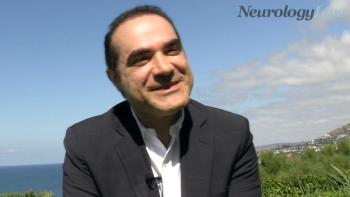
At the 2025 STARS Research & Education Conference, the assistant professor of neurobiology and behavior at Stony Brook University discussed the current understanding of stuttering. [WATCH TIME: 5 minutes]

The CEO and cofounder of LSVT Global talked about how evidence-based therapies like LSVT LOUD and LSVT BIG can improve speech and movement in patients with Parkinson disease. [WATCH TIME: 5 minutes]
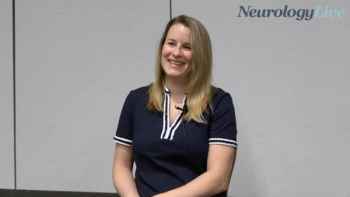
At AHS 2025, the assistant professor of neurology at Wake Forest Baptist Atrium Health discussed clinical interventions for women with enlarged breast who experience headache. [WATCH TIME: 4 minutes]
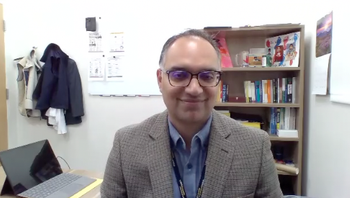
The vice chair of neurology at West Virginia University outlined key challenges in academic neurology and reflected on the evolving responsibilities of vice chairs in supporting departmental growth and leadership. [WATCH TIME: 3 minutes]

Movement disorder specialists from the Women Neurologists Group discussed supporting women in neurology through mentorship, innovation, and community connections. [WATCH TIME: 5 minutes]

Movement disorder specialists reflected on a decade of community, research, and career support in-person and online for members of the Women Neurologists Group. [WATCH TIME: 7 minutes]
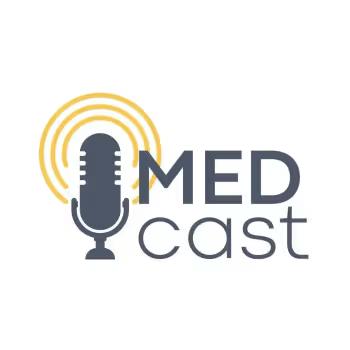
Panelists discuss the growing role of continuous infusion therapies in managing advanced Parkinson disease, highlighting their effectiveness in reducing motor fluctuations and dyskinesia, improving quality of life, and supporting individualized, long-term treatment strategies amid ongoing advancements in drug delivery and patient selection.

Movement disorder specialists talked about how the 4th Annual Women in Neurology Conference will offer educational updates, career development, and networking opportunities for women across neurology. [WATCH TIME: 5 minutes]

Movement disorder specialists reflected on the community’s growth over the past decade in the Women Neurologists Group and shared program highlights of the group’s upcoming conference. [WATCH TIME: 5 minutes]
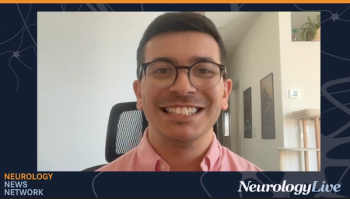
Neurology News Network. for the week ending September 13, 2025. [WATCH TIME: 4 minutes]
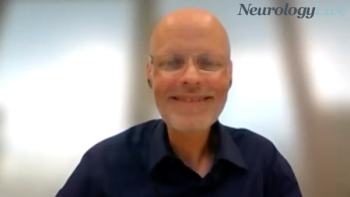
The director of the Neuroethics Program at Cleveland Clinic discussed ethics training, shared decision-making, and safeguards in guiding patients, families, and clinicians through complex clinical research decisions. [WATCH TIME: 3 minutes]

In this seventh episode, Cohen outlined emerging Alzheimer therapies targeting amyloid, tau, and inflammation, highlighting novel antibody approaches, genetic knockdown strategies, and repurposed GLP-1 receptor agonists. Supported by Eli Lilly.

The chief medical adviser at the Muscular Dystrophy Association spoke about the specific safety considerations clinicians should take when prescribing and administering gene therapy for patients with Duchenne muscular dystrophy. [WATCH TIME: 3 minutes]

In this sixth episode, Cohen discussed aligning patient expectations with the goals of antiamyloid antibody treatment, emphasizing disease slowing, eligibility factors, and real-world satisfaction data. Supported by Eli Lilly.

The vice president of scientific engagement at the Alzheimer's Association shared data presented at AAIC 2025 from the phase 3 U.S. POINTER study among patients at risk for dementia. [WATCH TIME: 4 minutes]

In this fifth episode, Cohen explained the types, risks, and monitoring protocols for ARIA with antiamyloid antibodies, emphasizing MRI schedules, symptom vigilance, and individualized patient safety considerations. Supported by Eli Lilly.

In this fourth episode, Sharon Cohen, MD, FRCPC, talked about key differences between lecanemab and donanemab in terms of eligibility requirements to the receive the treatment. Supported by Eli Lilly.

An expert discusses how older Duchenne muscular dystrophy patients in advanced stages face uncertainty regarding newer therapies since most research focuses on younger children, but gene therapy and other treatments remain considerations alongside comprehensive specialty care for managing complex comorbidities.
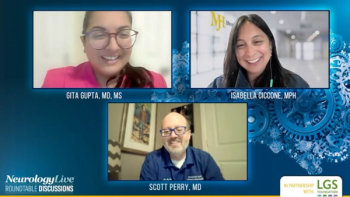
Experts noted that the Lennox-Gastaut Syndrome Foundation is a welcoming platform for collaboration, research advancement, and career development in the field. [WATCH TIME: 3 minutes]

Experts discussed strategies to improve LGS clinical trial design, better understand comorbidities in rare epilepsies, and foster collaboration across stakeholders. [WATCH TIME: 5 minutes]

Experts discussed gaps in LGS research, including biomarker development, sleep assessment, and early intervention strategies to improve diagnosis and outcomes for patients. [WATCH TIME: 6 minutes]